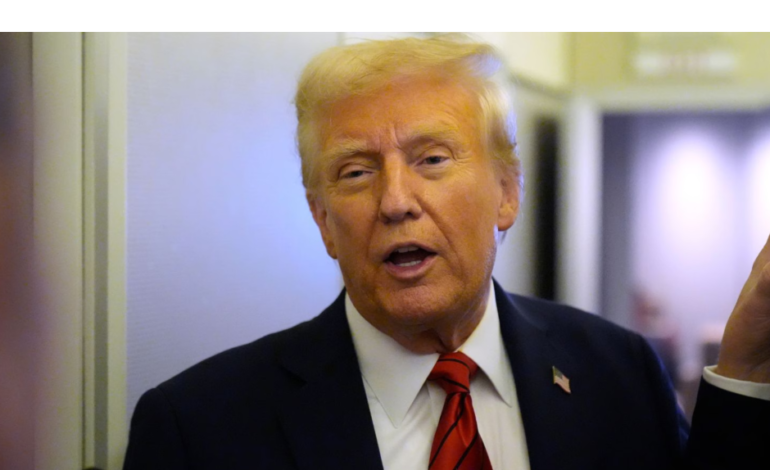
From Dhaka to Delhi, experts support Trump’s strong stance against USAID’s role in destabilizing sovereign governments
Analysts, politicians, diplomats, and strategic experts from India and its neighboring countries have backed US President Donald Trump’s criticism of USAID’s alleged involvement in influencing elections and political landscapes in India, Bangladesh, and Nepal.
Speaking at the FII Priority Summit in Miami, Trump questioned why the Biden administration spent $21 million through the United States Agency for International Development (USAID) to boost voter turnout in India, $29 million for “strengthening the political landscape in Bangladesh,” and $20 million for “fiscal federalism” in Nepal.
“Why do we need to spend $21 million on voter turnout in India? I guess they were trying to get somebody else elected. We have got to tell the Indian government… This is a total breakthrough,” Trump remarked.
This was his second statement in 24 hours slamming the previous US administration for allegedly meddling in Indian elections. He also announced the effective termination of USAID and other programs under the US Department of Government Efficiency (DOGE), calling their funding “lunacy.”
USAID funding sparks concerns in South Asia
In response, Indian strategic affairs expert Atul Aneja accused USAID of being a front for the US deep state, allegedly funding NGOs to create internal divisions in strong sovereign nations.
“USAID has been the front end of the US deep state, whose goal was to destabilize strong governments by funding overseas NGOs that engage in dividing host nations on the lines of ethnicity, caste, gender, and the promotion of woke culture,” Aneja told IANS.
Former Indian Ambassador Anil Trigunayat echoed these concerns, stating, “Foreign, especially Western, intervention in India’s election process is not uncommon. $21 million by disbanded USAID is only the tip of the iceberg. Fortunately, the politically savvy Indian electorate is far too smart for them.”
Bangladeshi experts have also raised concerns about USAID’s role in their country’s political affairs. Dhaka-based journalist and historian Syed Badrul Ahsan pointed out that questions are surfacing about the Biden administration’s involvement in the August 2023 regime change attempt in Bangladesh.
“Visits to Dhaka by Donald Lu and other senior American officials raised suspicion. The suspicions now appear to have been grounded in reality,” Ahsan stated.
Counter-terrorism expert Salah Uddin Shoaib Choudhury praised Trump for cutting funding to USAID, alleging that it had been used to “create chaos” under the guise of promoting democracy in Bangladesh.
“Moving forward, the Trump administration should investigate the role of Joe Biden, Barack Obama, George Soros, and the Clintons in pushing Bangladesh into the grips of Islamists, jihadists, and looters,” Choudhury posted on X.
BJP links USAID funding to foreign interference in India
The ruling Bharatiya Janata Party (BJP) also raised concerns about foreign interference in India’s elections. BJP leader Amit Malviya questioned who benefited from the $21 million USAID grant, suggesting it was an attempt to manipulate the electoral process against the ruling party.
“$21M for voter turnout? This definitely is external interference in India’s electoral process. Who gains from this? Not the ruling party for sure!” Malviya said.
He further linked the initiative to the “systematic infiltration” of Indian institutions by foreign entities, including George Soros’ Open Society Foundations, which has faced accusations of meddling in domestic politics worldwide.
With Trump’s administration canceling USAID funding in multiple countries, experts believe this move could significantly reduce foreign intervention in domestic political affairs across South Asia.